Adaptable is the new prepared21 OCTOBER 2020 7:44 AM
Being able to pivot quickly has become a necessary skill for sales and marketing departments across the industry. In a post-pandemic world, the most agile teams will win.

Over the past six months, all of us have had to revise, rewrite and then completely abandon our well-planned, researched, and tested marketing plans. Much like a tennis player defending shots at the net, we’ve had to react quickly to travel bans, closures and municipal regulations.
The exercise has been both exhausting and enlightening, with varying degrees of success.
In just the first week of the pandemic announcement, we took our partner Visit Panama City Beach through three completely different iterations of their marketing and media plan. Ironically (and unfortunately), we’d gone through a similar exercise exactly two years prior when Hurricane Michael impacted the destination. We’ve learned valuable lessons that have enabled us to not just react quickly but do so in meaningful ways that help retain engagement with their visitors.
More than most industries, tourism has traditionally been a good net player. We’ve worked around natural disasters such as hurricanes and man-made disasters like oil spills for decades. We all have crisis plans and rapid response procedures. The COVID-19 pandemic has required us to bring our game to a whole new level, however.
Here is a game plan to adopt now so you’re prepared to negotiate each phase of the recovery:
1. Keep moving … and move into the net
Waiting to act until there is certainty in the market is waiting too late. Now more than ever, consumers need to hear from you. Lean in and engage by providing meaningful information, answering questions, offering new resources that give guests more control over their travel experience. You can’t afford to wait for trends to crystalize or hang back and respond when your competition does: Be interactive and agile.
2. Serve and volley … don’t look for aces
We know from experience that even the best-laid plans will not survive perfectly in this unpredictable market. Consumer behavior is shifting at a rapid pace, as are emotions, which means what works today likely won’t next week. Our marketing plans require flexibility. Resolve to use tactics and messages until they don’t work, then move to the next. Gone are the days of season-long campaigns and monthly ad buys. By keeping a real-time pulse on travelers through social media, online booking behaviors, etc., you can catch signals and serve up targeted information that’s relevant in that moment. The quest for perfect can get in the way of good—and right now, adaptable strategies, not perfect plans, is smart marketing.
3. Play to your strength
It’s easy to lose sight of your brand when the desperate hunt for revenue takes over. Resist the temptation to sacrifice your hard-earned reputation and instead look inward at your data for new ways to market. Here’s a good example: Panama City Beach visitors say “comfort” is one of the main reasons they choose the beach. Within 36 hours of the beaches closing due to COVID-19, the destination added more webcams to its website and created downloadable backdrops of waves and beach scenes for virtual meetings—bringing comfort to their visitors in new ways and staying true to their brand promise. Quick wins when they’re true to your purpose will not only drive engagement, they will have a lasting impact on loyalty and advocacy.
4. Anticipate the next shot
The tactics you’ve always used to capture customer attention are not going to work anymore. Traveling consumers have adopted new behaviors that will outlast this crisis. Now is the time to reimagine your customer journey. Take cues from your data—look at booking windows extending into what was typically a shoulder season, listen to social media sentiment, reexamine feeder markets to target a broader drive market, analyze shifts in booking pace and cancelations—to understand changing traveler dynamics and turn your customer experience approach into an agile function that shifts with demand.
How we all emerge from this pandemic is unknown, but one thing is for certain: Being adaptable—being able to pivot at a moment’s notice—is a skill that must be in everyone’s marketing toolkit.
Mary Dogan Winslow is senior vice president of LUCKIE, a data-driven marketing services firm, a former brand director with IHG and current member of The International Society of Hospitality Consultants (ISHC).

